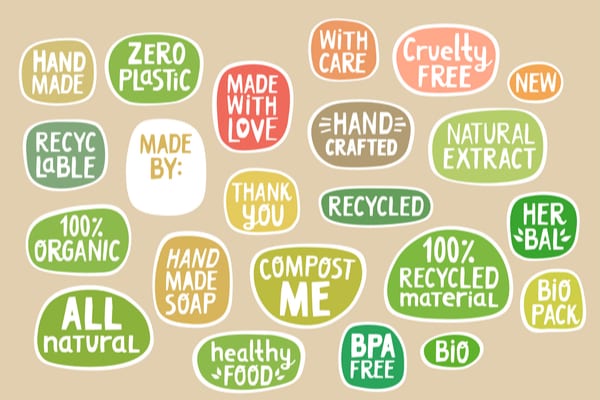Much like last year’s Transparency 2.0 trend, consumer purchasing power continues to motivate changes in the food, beverage and body care industries, as shoppers expect more from the brands and businesses they choose to support. In 2019, thoughtful consideration behind purchases moves beyond (but doesn’t exclude!) environmental stewardship and animal welfare, and becomes more people-focused.
This year’s predictions came from Whole Foods Market’s culinary experts and industry leaders who source items and lead trend-spotting initiatives across the retailer’s more than 490 stores. The in-house specialists combine their expertise from all departments including cheese, specialty, grocery, meat, seafood, prepared foods, produce and body care, when preparing the forward-looking trends report.
For example, Greyston Bakery practices an open hiring model — no questions asked — to practice what they call “radical inclusion,” which includes anyone who has faced barriers to employment. Kuli Kuli produces moringa powder which is often grown and processed by women, and has provided more than $1.5 million in income to women-led farming cooperatives, nonprofits and family farmers around the world through their organic moringa supply chain. Whole Planet Foundation partners with suppliers such as Chobani, Frontier Co-op, Naked Juice, Wallaby Organic, Papyrus-Recycled Greetings and more to alleviate poverty through microcredit loans for the world’s poorest people — mostly women — who become empowered microentrepreneurs lifting themselves and their families out of poverty.
Likewise, the number of brands making the switch to eco-conscious packaging with the environment in mind continues to grow at a quickening pace. Dozens of like-minded brands in the OSC2 Compostable Packaging Collaborative have pooled their efforts to make important advances in flexible product pouches. Some companies are making commitments to ban straws, while brands like Whole Foods Market are setting up regional pilots to test recyclable strawless, sipper lids made from PET, without increasing the plastic content of a lid/straw combination.
This year, expect to see a growing grocer emphasis on reusing, with more produce departments going “BYOVB” (bring your own vegetable bag) and traditionally single-use packages going multi-use, like multi-use (and compostable!) food wraps made from beeswax, as well as waxed canvas or silicone alternatives to the usual plastic storage bags that can be used for sandwiches and snacks. Some movements start as trends, then become necessities. This is one of them.
Contributing toward social movements via purchasing goods and services with missions you believe in can make for big changes that extend far beyond the world of retail foods.
—
Photo Credit: struvictory / Shutterstock.com
